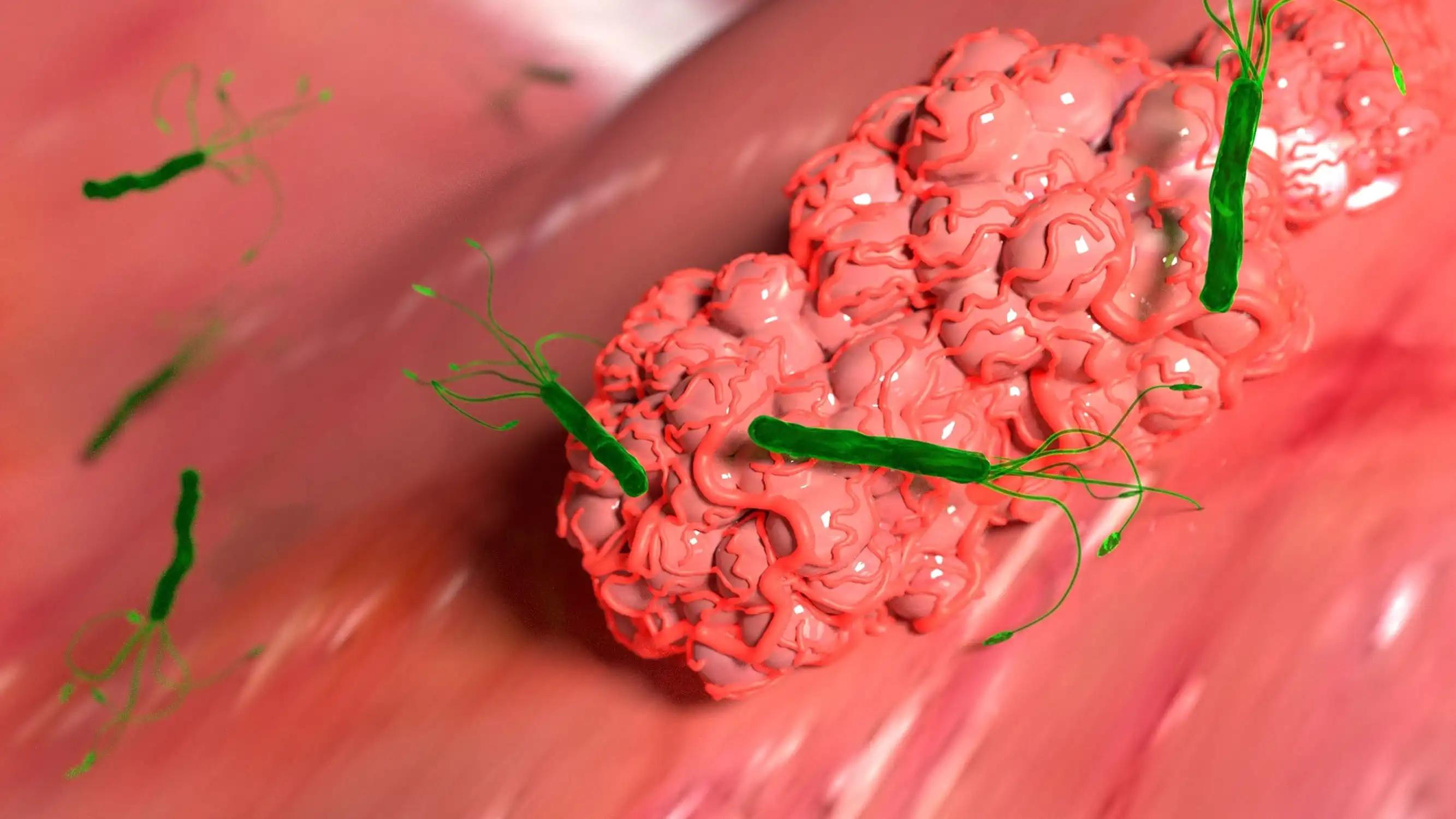KEY TAKEAWAYS
- The phase III VOYAGER trial tested avapritinib and regorafenib for advanced KIT-mutant GIST in the 3rd-4th line.
- This study examined ctDNA sequencing-detected KIT mutations and their effects on avapritinib and regorafenib treatment outcomes.
- The Guardant 360 (G360) 74-gene panel was used to analyze ctDNA from 386 of 476 VOYAGER study subjects’ baseline plasma.
- A total of 333 individuals (86%), with KIT main mutations in 71% and numerous KIT mutations in individual tumors, have ctDNA.
- Avapritinib had shorter mPFS and mOS than regorafenib in patients with ABP hot spots (V654A or T670I) in their ctDNA.
- Regorafenib was active regardless of KIT mutation status or location.
In untreated metastatic GIST, the genotype of initial mutations is a predictor of imatinib response. However, the sequence of salvage treatments for metastatic GIST is based exclusively on the order in which the corresponding registration trials were conducted. Although ctDNA sequencing is a powerful diagnostic technique, it has not been found to correlate with outcomes in clinical trials of pretreated patients when trying to identify resistance mutations in GIST. To describe the landscape of KIT changes and its connection with outcomes of pts treated with avapritinib or regorafenib, researchers evaluated ctDNA samples taken at baseline during the phase III VOYAGER study (NCT03465722).
The VOYAGER study randomized 476 patients with advanced KIT-mutant GIST to receive either avapritinib (240 patients) or regorafenib (236 patients) in the third or fourth line of treatment. Collecting plasma at baseline allowed researchers to evaluate ctDNA using the Guardant 360 (G360) panel, which consists of 74 genes. Molecular subgroups of the KIT gene broke down the results. The outcomes analysis did not include PDGFRA-mutant GISTs. In 386/476 pts (81%), ctDNA analysis was performed at baseline. ctDNA was found in 333 patients (86%), with 75% of those with a KIT variation and 5% with a PDGFRA variant. 71% of patients had a main mutation in KIT (exon 11, 56%; exon 9, 14%; exon 13, 1%), and 55% had a secondary mutation in KIT.
More than twice as many instances (44%) occurred in the activation loop (exons 17 and 18) as in the ATP-binding pocket (exons 13 and 14). Several KIT mutations were frequently found in the same tumor among KIT-mutant cancers (mean, 2.56; range, 1-14). Furthermore, 17% of pts had more than > 3 mutations (mean, 6.07; range, 4 to 14). Patients whose ctDNA tested positive for V654A or T670I (ABP hot areas) had a lower median PFS and OS when treated with avapritinib than regorafenib. Concerning median survival time, the median PFS was 1.9 months, and the median OS was 8.3 months (p <.001 and p =.0651, respectively). Patients whose ctDNA tested positive for the KIT exon 17 mutation on avapritinib had a reduced median progression-free survival (mPFS) but no change in overall survival (OS).
mPFS with avapritinib was longer when ABP mutations were absent than when they were present (5.6 vs 1.9 mo; log-rank p <.001), and the same was true for mOS (19.2 mo vs NR; log-rank p =.628). When comparing patients with AL mutations to those without, avapritinib treatment did not affect survival time (3.8 months vs 3.9 months; log-rank p =.622). Regorafenib’s effectiveness was consistent regardless of the presence or location of the KIT mutation. Most patients with advanced TKI-resistant GIST have ctDNA detectable using hybrid capture-based plasma sequencing, including KIT mutant heterogeneity. This is the first study to demonstrate a link between ctDNA sequencing and clinical success in pretreatment GIST. The presence of ABP (exon13/14) KIT mutations is inversely correlated with the efficacy of avapritinib.
Source: https://meetings.asco.org/abstracts-presentations/209244
Clinical Trial: https://clinicaltrials.gov/ct2/show/NCT03465722
Cesar Serrano, Sebastian Bauer, David Gómez-Peregrina, Yoon-Koo Kang, Robin L. Jones, Piotr Rutkowski, Olivier Mir, Michael C. Heinrich, William D. Tap, Kate Newberry, Alexandra Grassian, Stephen G. Miller, Hongliang Shi, Patrick Schöffski, Maria A. Pantaleo, Margaret von Mehren, Jonathan C. Trent, Suzanne George/Circulating tumor DNA (ctDNA) analyses of the phase III VOYAGER trial: KIT mutational landscape and outcomes in patients with advanced gastrointestinal stromal tumor (GIST)/J Clin Oncol 40, 2022 (suppl 16; abstr 101)DOI
10.1200/JCO.2022.40.16_suppl.101



